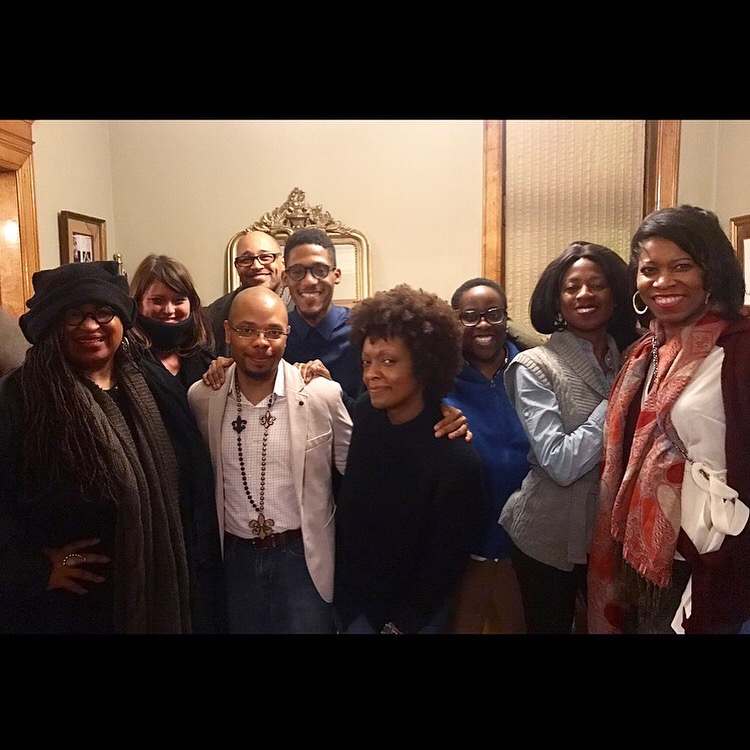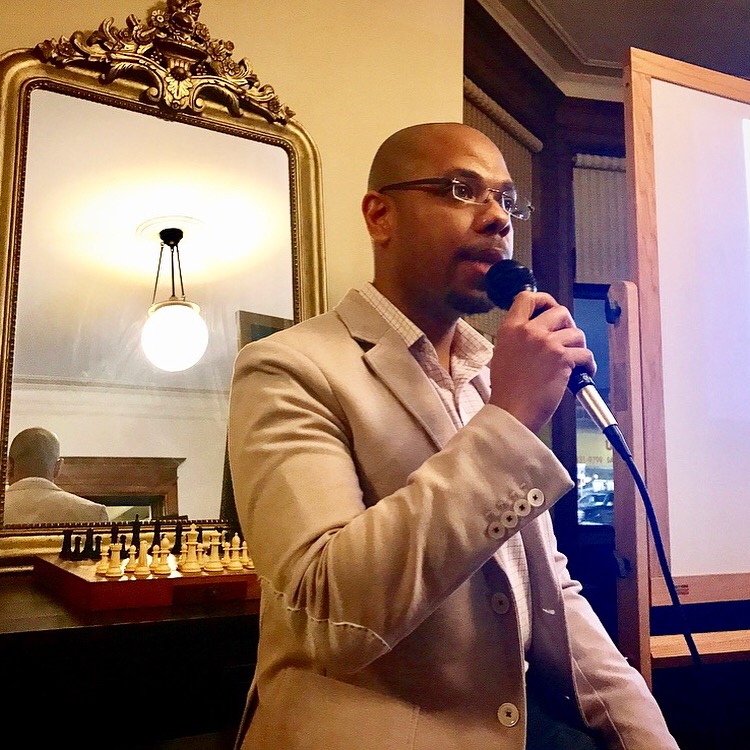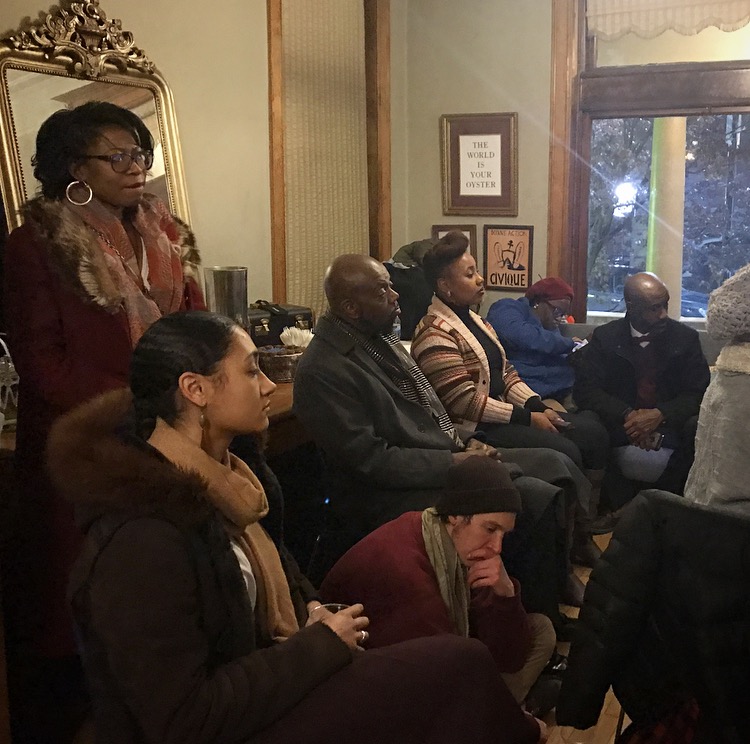"What role should Detroit play as a national model for Black culture, investment, development, and thought?"
This was Chase L. Cantrell's question after hosting over 50 conversations at the Urban Consulate in Detroit. On January 17, 2018, he delivered his own capstone parlor talk to reflect on what he's learned over the last year—and where to go from here. (To watch the full Facebook Live video, click here.)
To a packed house, Cantrell started with some city history — and ended with recommendations for the future. In between, he wove in memorable quotes, stats and insights he'd heard from Consulate guest speakers, including Lauren Hood, Marsha Music, Nancy Kaffer, Jerry Paffendorf, and Dr. Joneigh S. Khaldun.
As Cantrell traced the long history of dispossession of Black property and collective trauma, he quoted Malcolm X (who lived and worked in Detroit for a time, in 1953):
"Land is the basis of all independence. Land is the basis of freedom, justice and equality."
To this end, Cantrell started his own nonprofit Building Community Value, which won a Knight Cities grant earlier this year to offer more real estate classes for Detroit residents to grow local property ownership.
With a high city poverty rate of 36-40%, Cantrell underscored that this is 200,000 people — 35,000 of whom receive an eviction notice each year. Imagine "the trauma of not knowing," he said.
Cantrell noted that the word "gentrification" comes up over & over again in Consulate conversations — but Detroit gentrification doesn't look like other cities, such as New York or San Francisco. It looks like a different kind: "We are seeing an astronomical level of displacement due to evictions, foreclosures and water shut-offs."
For this reason and more, "The state of our city is not strong," admitted Cantrell. "But it is resilient. The first thing that makes me hopeful is cooperation."
Some more key quotes:
"I want us to learn from the past, not long for the past. It was a community that was stressed and traumatized."
"Without talking about where we've been, how can we be aspirational for the future?"
"As our communities are fractured, how do we transfer knowledge to the next generation? In informal spaces, like the Consulate."
"Detroiters need to know that development is not a bad word. WE can also be developers."
To these points, Cantrell offered four ways to move the city forward:
Cooperative economics — encouraging & empowering Detroit residents to pool resources to establish & enhance business & development projects (Examples: Cooperative Capital, Century Partners)
Space equity — focusing not only on preservation of black cultural spaces, but the intentional ownership and development of land as a method to build and reinvest wealth locally (Example: Building Community Value)
System collaboration — ensuring that leaders across domains (eg, governance, business, education, technology) are actively collaborating toward defined community goals (Example: New Detroit, Inc.)
Knowledge sharing — building platforms that permit dialogue, training or mentorship across domains and across generations (Example: Urban Consulate)
In his parting words, Cantrell suggested five everyday action steps for Detroiters who are passionate about creating a more just and equitable future:
Learn all you can
Raise your voice
Reach out to others
Activate collectively
Don’t wait for government
To watch the Facebook Live video of the full talk, click here. To stay engaged with Building Community Value, follow @bcvdetroit on Facebook & Twitter.
Urban Consulate is a network of parlors for urban exchange. A 2016 Knight Cities winner, the Consulate has hosted hundreds of conversations in Detroit, Philadelphia & New Orleans to bring people together and share ideas for better cities. Follow @UrbanConsulate on Facebook, Twitter & Instagram for future events.
* * *











